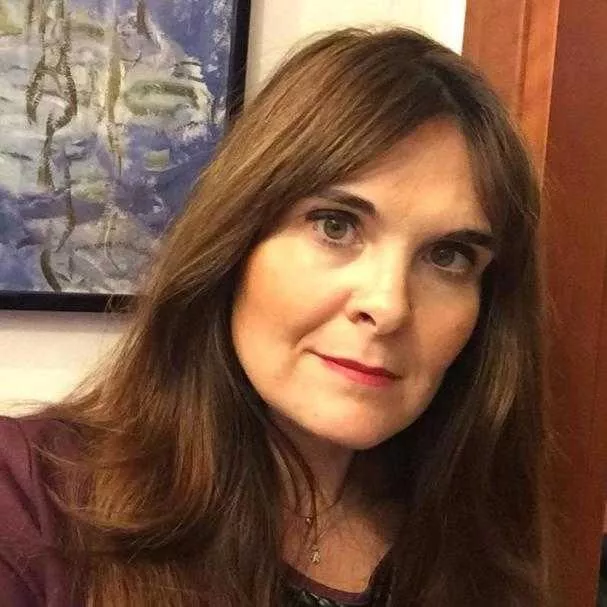
Giovanna Borriello is a neurologist and researcher at the University of Rome La Sapienza and is Head of the SMART Outpatient Clinic dedicated to Multiple Sclerosis at the NCL-Institute of Neuroscience Neuromed Group.
Trying to tell the story of NMO means trying to explain what a black hole it is, or rather the feeling of being sucked into the darkness of blindness and paralysis, disabilities that generate terror in people affected by this disease and great unease in doctors who have to manage its complications and evolution.
It is considered a rare disease, and diagnosis is often difficult to obtain, as diagnostic errors are not uncommon in forms of Multiple Sclerosis that begin with myelitis or visual disturbances. Incurring a diagnostic error means not only losing precious time with respect to the possibility of avoiding permanent disability, but also implies the risk of undertaking inappropriate therapies that may even aggravate the disease.
The first patients I remember following unfortunately came largely from these situations, i.e. misdiagnoses due to a lack of knowledge of the pathology (I am referring to episodes dating back some 20 years). I remember very serious clinical conditions, obvious disabilities and very little hope of being able to limit the neurological damage. The wheelchair was the spectre of the patients but unfortunately also of us doctors, we were used to preparing patients and their families for the worst, for the darkness of blindness and the loss of autonomy. The prognosis was grave for everyone, no one excluded, the weapons to fight were very few and not very specific. I remember a lady in her 50s who told me: ‘At night I dream of running and then in the morning I find myself stuck in bed and I cry cry cry cry until my muscles melt too’.+
So many years later and thanks to the broadening of our knowledge, dealing with the diagnosis of neuromyelitis optica carries a different emotional and experiential burden, we are authorised to use words of hope, and we can speak of ‘alternatives’ in the event of failure, which was unimaginable just a few years ago. Yet it should not be taken for granted that this reality, soothing and satisfying for us doctors, is necessarily the perception of the patient. A few hours ago, in proposing a monoclonal to Sabina, a young woman who is now unable to walk, accompanied to the clinic by her 15-year-old daughter, at the end of a detailed explanation of the astonishing benefits of this new therapy, a drug of unsurpassed efficacy to date, when I asked if she had any doubts or questions (I was afraid above all of the objectively demanding methods of administration), she asked me just one thing: ‘but does it make you lose your hair? The daughter smiled sweetly and added: ‘Oh yes, she always worries that these therapies make hair fall out!’, as if to justify the lack of focus on aspects that in her judgement (and she imagined in my judgement) were certainly less futile. Living with a serious illness does not always mean only having an interest in the serious problems, evidently for Sabina the loss of her hair and thus of a manifestation of her femininity is a concern that outweighs that of any logistical inconvenience.
When you ask a neurologist which of the disabilities potentially induced by a demyelinating disease would have the greatest impact on his or her life, most conclude that losing sight would certainly be more traumatic. This makes one realise how difficult it can be for us to approach this disease too, how important it is to avoid the manifestations and recurrences of optic neuritis, and how committed we are to the search for new therapeutic strategies. In this regard, I am pleased to announce that the possibility of treating in experimental protocols has recently been extended to paediatric forms of optic neuritis, which are even rarer than those in adults but no less devastating. Just think of the words of the mother of a 12-year-old girl I follow in the protocol: ‘If you have to become a vegetable in a wheelchair, tell me now so that the father and I can adjust, as we have already suffered so much with my disease. The mother in question suffers from rheumatoid arthritis and is convinced, despite my repeated denials, that her daughter is ill through no fault of her own because she ‘inherited the bad genes’. It is very difficult to challenge a desperate mother, and in any case that is not my current goal, for now we face this new challenge and time will prove us right.
